Unlocking Customer Engagement: The Power Of Personalization
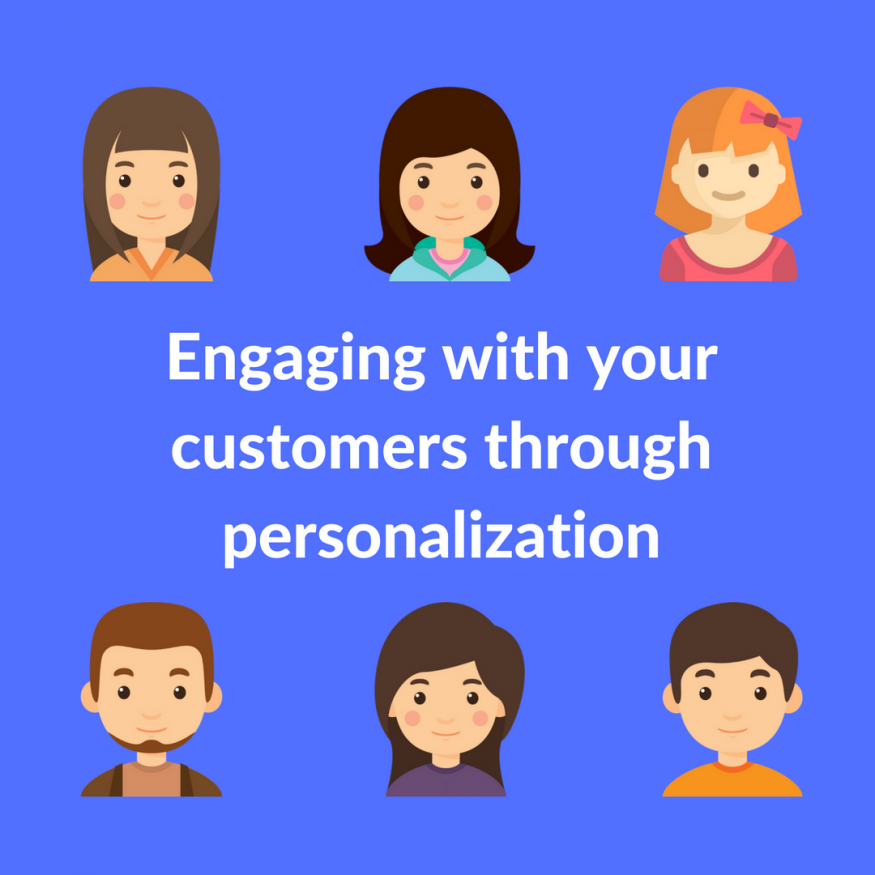
In today’s competitive marketplace, customer engagement is more crucial than ever. Personalization stands out as a key strategy to enhance this engagement. By tailoring marketing efforts to individual preferences, businesses can significantly improve customer experience, drive loyalty, and boost retention. This article explores how enhancing customer engagement through personalization can revolutionize interactions and ultimately elevate business success.
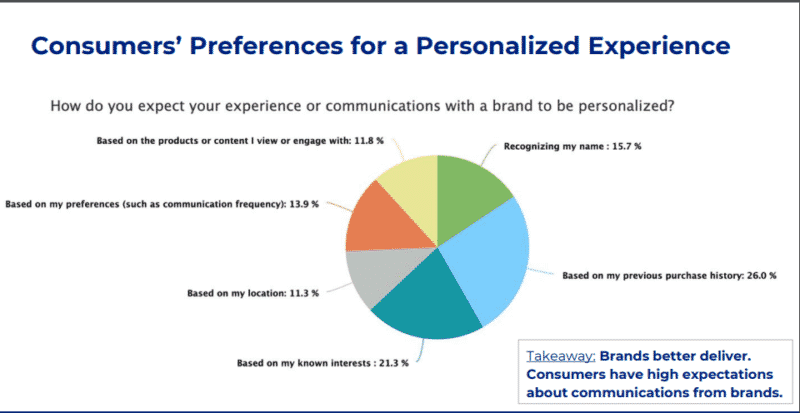
The Importance of Personalization
Personalization is not just a trend; it's a necessity in modern marketing. Customers today expect brands to recognize their unique preferences and deliver tailored experiences. According to a study by Epsilon, 80% of consumers are more likely to make a purchase when brands offer personalized experiences. This statistic illustrates how vital personalization is for improving customer experience and satisfaction.
Moreover, personalization fosters emotional connections. When customers feel valued and understood, they are more likely to engage with a brand. This results in higher conversion rates and long-term loyalty. Thus, investing in personalized marketing strategies is essential for businesses aiming to thrive in a crowded digital landscape.
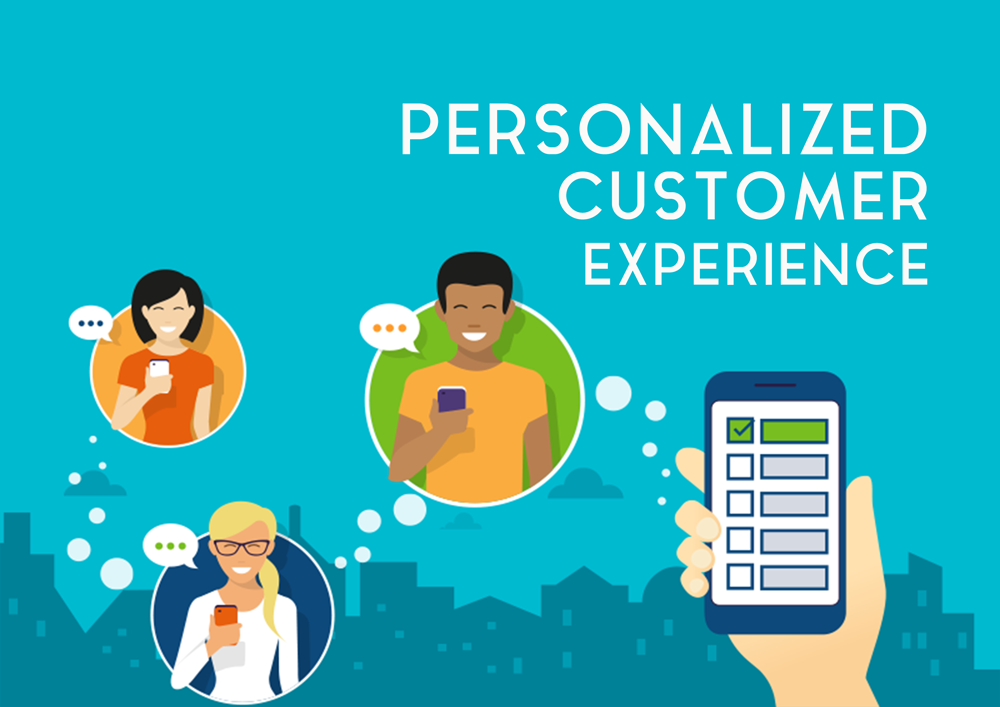
Strategies for Personalizing Customer Engagement
1. Segmentation and Targeting
Effective personalization starts with understanding your audience. By segmenting your customer base into specific groups based on demographics, interests, and behaviors, you can target your marketing efforts more effectively. For example, an e-commerce site might categorize customers by previous purchases, allowing for tailored recommendations that resonate with individual shoppers.
2. Tailored Content Creation
Creating personalized content is another effective strategy. This could include customized emails, blog posts, or product recommendations based on user behavior. Netflix excels in this area by using algorithms that suggest movies and shows based on viewing history, resulting in heightened customer satisfaction and prolonged engagement.
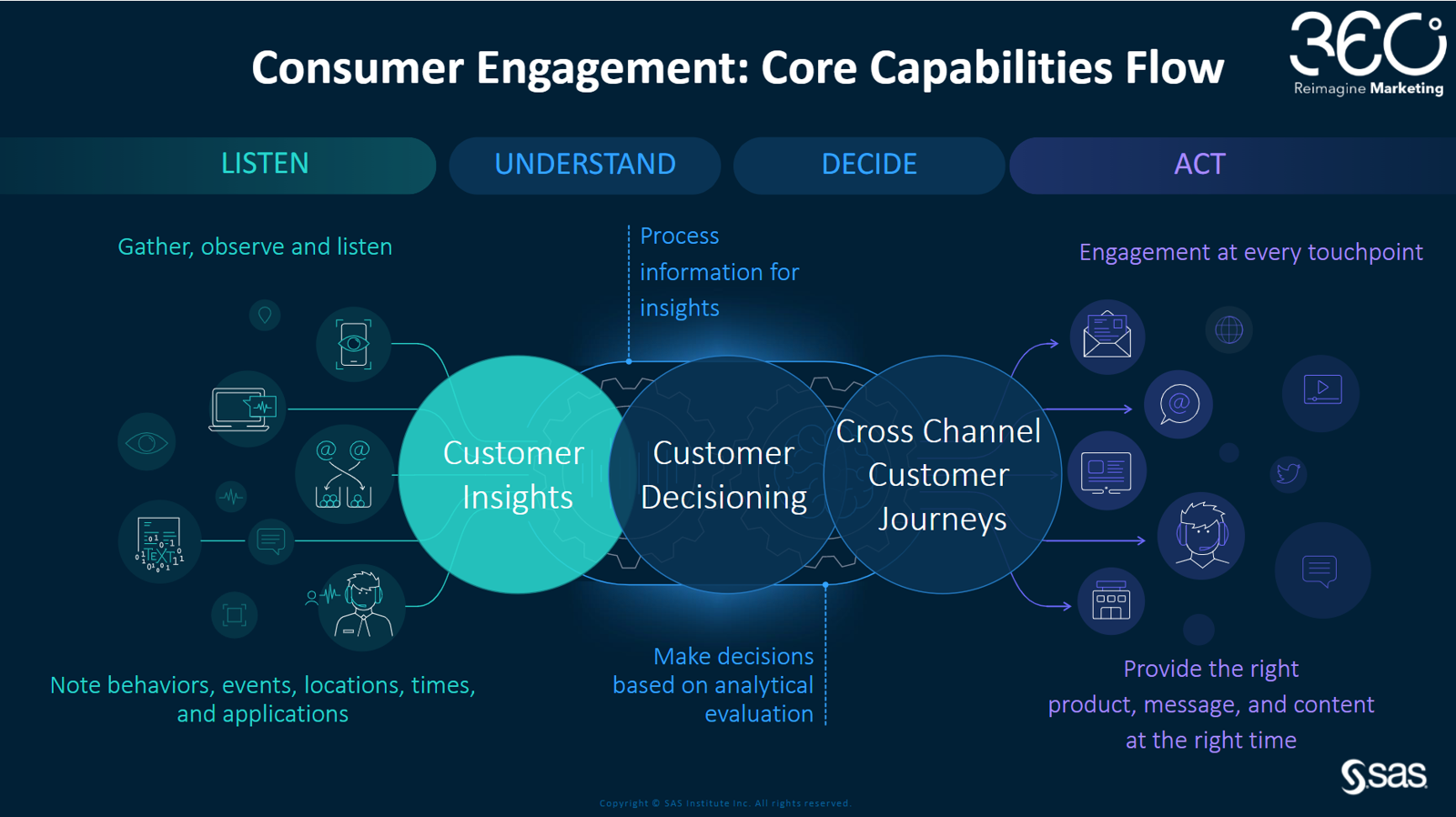
3. Dynamic Website Experiences
Your website can also provide personalized experiences through dynamic content. Tools like Optimizely enable businesses to modify website elements based on user data. This means that returning customers see content that reflects their previous interactions, enhancing their experience and encouraging further engagement.
4. Personalized Email Campaigns
Email marketing remains a powerful tool for engagement. By sending tailored emails with personalized subject lines and content, businesses can significantly increase open and click-through rates. For instance, Amazon uses personalized email suggestions that are based on past purchases, which not only drives sales but also strengthens the customer relationship.
5. Utilize Social Media Insights
Social media platforms offer rich data on customer preferences. Brands can use this information to create targeted ads and promotions that appeal directly to specific audiences. For instance, Coca-Cola’s “Share a Coke” campaign personalized bottles with popular names, driving social media engagement and boosting sales.

Tools and Technologies for Personalization
To effectively implement personalization strategies, businesses need the right tools. Here are some essential technologies:
- HubSpot: This platform provides comprehensive tools for personalized marketing, including CRM capabilities and email automation.
- Salesforce: Known for its robust customer data management, Salesforce helps companies analyze customer behavior to tailor marketing efforts.
- Segment: This tool allows businesses to collect, unify, and activate customer data across various platforms, enabling personalized experiences at scale.
These technologies facilitate data-driven customer engagement, making it easier to implement effective personalization strategies.
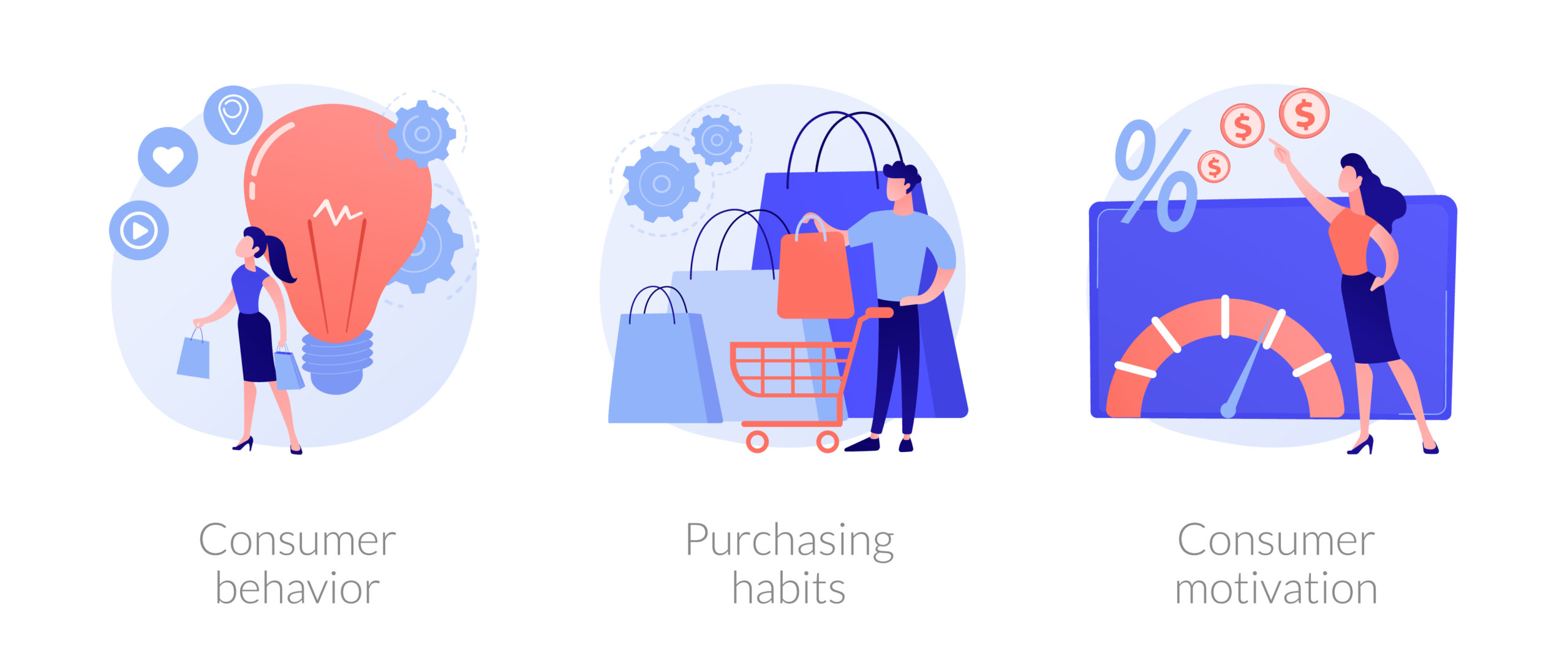
Measuring the Impact of Personalization
Key Metrics to Evaluate Effectiveness
To assess the success of your personalization efforts, consider these key metrics:
- Conversion Rate: Track how personalized campaigns influence customer purchases.
- Customer Retention Rate: Measure how many customers return after experiencing personalized interactions.
- Engagement Metrics: Analyze open rates, click-through rates, and time spent on site to gauge the effectiveness of personalized content.
By regularly reviewing these metrics, businesses can refine their strategies and maximize the impact of their personalization efforts.
Case Studies: Successful Personalization Examples
-
Amazon: With its recommendation engine, Amazon personalizes product suggestions based on browsing history, resulting in a significant percentage of sales coming from these recommendations.
-
Spotify: Through personalized playlists like “Discover Weekly,” Spotify enhances user engagement by delivering tailored music experiences based on listening habits.
-
Sephora: The beauty retailer uses personalized product recommendations and a loyalty program that adjusts based on individual customer preferences, driving both engagement and sales.
-
Nike: By allowing customers to customize products through the Nike By You program, the brand creates a unique shopping experience that strengthens customer loyalty.
-
Starbucks: The Starbucks Rewards program personalizes offers and rewards based on customer purchasing behavior, enhancing customer satisfaction and retention.
Conclusion and Future Trends
Enhancing customer engagement through personalization is essential for brands seeking to thrive. By implementing tailored strategies and leveraging the right tools, businesses can create meaningful interactions that foster loyalty. As technology advances, we can expect even more sophisticated personalization techniques, such as AI-driven insights and hyper-targeted marketing campaigns.
To stay ahead in this evolving landscape, embrace these personalization strategies and explore innovative approaches to engage your customers effectively. Start transforming your customer experience today!